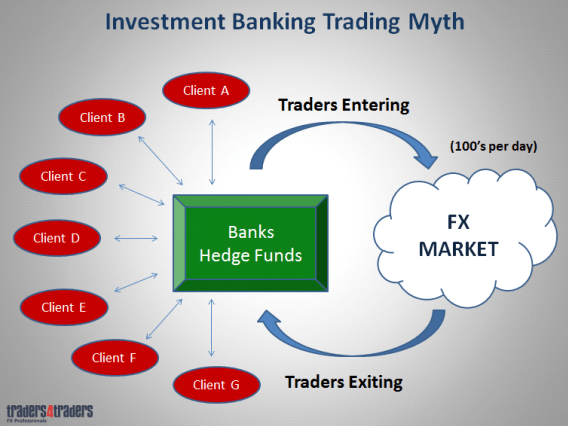International trade has become an integral part of our globalized economy, and exchanging currencies to facilitate these transactions is essential. However, many individuals and businesses are unaware that banks possess the ability to influence the foreign exchange (forex) rates, a power that can significantly impact their financial decisions. Understanding how banks can change forex rates and the implications for your finances is crucial for making informed decisions and protecting your financial interests.

Image: www.fxstreet.com
Banks as Forex Market Makers
Banks play a pivotal role in the foreign exchange market as market makers. They essentially act as middlemen, matching buy and sell orders for different currencies. However, banks are not obligated to execute trades at the prevailing market rate. They have the discretion to set their own bid-ask spreads, which represent the difference between the price at which they are willing to buy and sell a currency. As a result, banks can influence the exchange rates quoted to their customers.
Factors Influencing Bank-Set Forex Rates
Several factors influence the forex rates set by banks. First and foremost, banks seek to maximize their profits. By widening bid-ask spreads, banks can generate greater revenue on each transaction. Additionally, banks consider their own currency positions. If a bank holds a large amount of a particular currency, they may be reluctant to sell it at a favorable rate, pushing the exchange rate higher.
Furthermore, banks assess the risk associated with a currency exchange. Countries with unstable political or economic climates may have higher risk premiums factored into their exchange rates, leading to less favorable rates for customers.
Impact on Personal Finances and Business Transactions
Banks’ ability to influence forex rates has substantial implications for both individuals and businesses. For those traveling abroad, unfavorable exchange rates can diminish the purchasing power of their money. Similarly, businesses engaged in international trade may experience reduced profits or increased costs if exchange rates move against them unexpectedly.

Image: financialtribune.com
Transparency and Regulation
Recognizing the potential for manipulation, regulatory authorities worldwide have implemented measures to enhance transparency and minimize abuses in the forex market. In the United States, the Commodity Futures Trading Commission (CFTC) regulates forex trading, requiring banks and brokers to disclose their spreads and fees clearly. However, it’s important to note that banks are not obligated to use the most favorable rates available in the broader market.
Protecting Your Interests
To protect yourself from potential losses due to bank-influenced forex rates, consider the following tips:
-
Compare Rates from Multiple Banks: Obtain quotes from multiple banks before making a currency exchange to find the most competitive rate.
-
Negotiate: Don’t hesitate to negotiate with banks if you have sufficient volume or a large transaction amount.
-
Lock in Exchange Rates: When feasible, consider using forward contracts or other hedging instruments to secure a favorable exchange rate in advance.
-
Seek Professional Advice: Consult with currency exchange specialists or financial advisors for guidance on complex forex transactions or mitigating currency risks.
Banks Can Change Forex Rate
Conclusion
Banks’ ability to change forex rates is an important factor to consider when transacting in international currencies. Understanding how banks manipulate exchange rates and the impact on your finances empowers you to make informed decisions and protect your financial interests. By comparing rates, negotiating, locking in exchange rates, and seeking professional advice when necessary, you can mitigate potential losses and maximize the value of your foreign currency exchanges.






